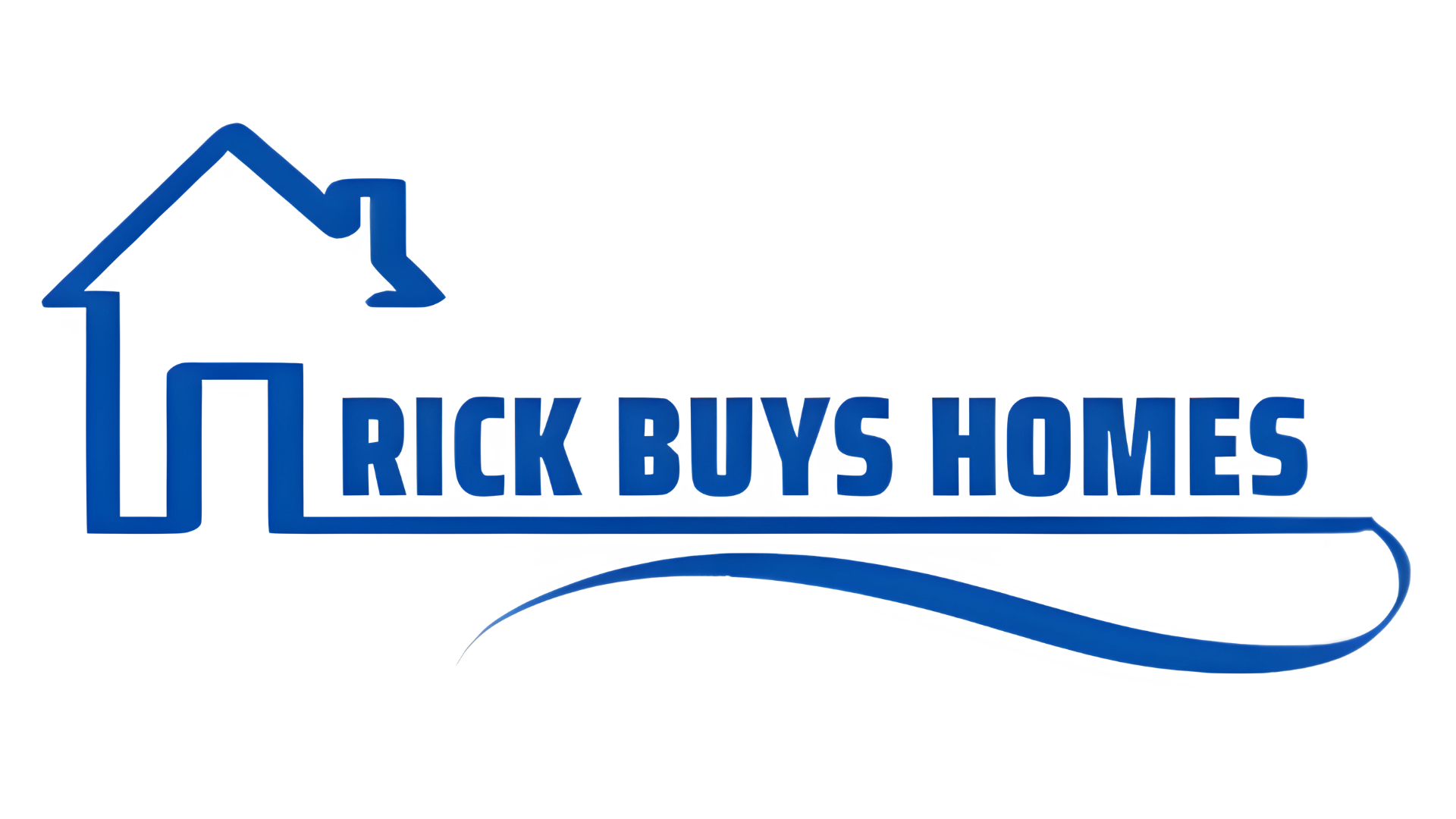
When it comes to home renovation, the debate between tackling projects yourself (DIY) or hiring professionals is a common dilemma for homeowners. Each approach has its own set of advantages and considerations, particularly in terms of budget, time, skill level, and overall project complexity. Making the right choice can impact not only the finished product but also your personal satisfaction and return on investment. This article explores the key factors you should consider to make an informed decision between DIY and professional home renovation.
1. Understanding Your Budget
DIY Approach:
The most apparent advantage of DIY renovations is cost savings. By eliminating labor costs, you can often purchase higher-quality materials while still keeping expenses down. However, there’s a caveat: if you lack the necessary tools and equipment, the initial investment in purchasing or renting them can quickly add up.
Professional Renovation:
Hiring professionals does come with higher upfront costs due to labor expenses. Yet, professionals bring efficiency, bulk material discounts, and a network of suppliers that often result in overall cost-effectiveness. Importantly, a professionally done job can guarantee longevity and compliance with building codes, which can save money long-term on repairs and adjustments.
2. Timeline and Scheduling
DIY Projects:
If you’re flexible with your timeline, DIY can be a suitable option. DIY projects often take longer than expected due to learning curves, mistakes, and the challenges of juggling renovation with personal commitments. This can be a significant downside if you’re on a tight schedule or renovating spaces like kitchens or bathrooms that disrupt daily routines.
Professional Projects:
Professional contractors usually adhere to a strict timeline. Their experience and team size enables them to complete work faster and with precise scheduling, minimizing the disruption to your daily life. If timing and quick completion are priorities, hiring professionals is often the better choice.
3. Skill Level and Experience
DIY Renovation:
DIY is suitable for those who have a knack for hands-on work and have some basic home improvement skills. Simple projects like painting, minor installations, or updating fixtures can successfully be undertaken by novices. However, for more complex tasks like electrical work, plumbing, or structural changes, the lack of expertise can lead to poor execution or even safety hazards.
Professional Renovation:
Professionals are equipped to handle a wide range of tasks, from simple to highly complex projects. They have the specific skills, certifications, and experience required to ensure that all aspects of the work meet industry standards and safety regulations. This is crucial for high-stakes work or renovations that require permits.
4. The Complexity of the Project
DIY Projects:
DIY is well-suited for cosmetic updates where mistakes are easily forgivable and correctable. Projects that do not require you to mess with the home’s foundation, structural integrity, or major systems (like HVAC, electrical, and plumbing) can be considered if you’re DIY-inclined.
Professional Projects:
Structural modifications, extensions, major kitchen or bathroom remodels, or upgrades that involve the home’s core systems should almost always be handled by professionals. These projects require detailed knowledge about codes, permits, and precise execution to ensure safety and enhance property value.
5. Resale Value and Quality of Work
DIY Renovation:
While DIY projects can increase your home’s value, poorly executed renovations can detract from its appeal and might even decrease its market value. High-quality craftsmanship is crucial, especially if you plan to sell the home.
Professional Renovation:
A professional’s touch can significantly boost your home’s resale value. Their work usually has a warranty, and the use of high-quality materials and craftsmanship provides a look and durability that appeals to potential buyers.
Conclusion
Deciding between DIY and professional renovation depends on various factors including your budget, timeline, skill level, and the project’s complexity. If cost-saving is a priority and the project is simple, DIY might be the right path. However, for more complex renovations, or when quality and time are critical, hiring professionals is advisable. Ultimately, assessing your capabilities and understanding the demands of your renovation project will guide you to the best decision for your home improvement goals.

About Rick Hodge
Transitioning from the coal industry and weld inspection to the realm of real estate, Rick has established ‘Rick Buys Homes’ with a mission to render homeownership attainable through rent-to-own arrangements. His dedication lies in assisting families in realizing the American Dream. Feel free to connect with him here.

